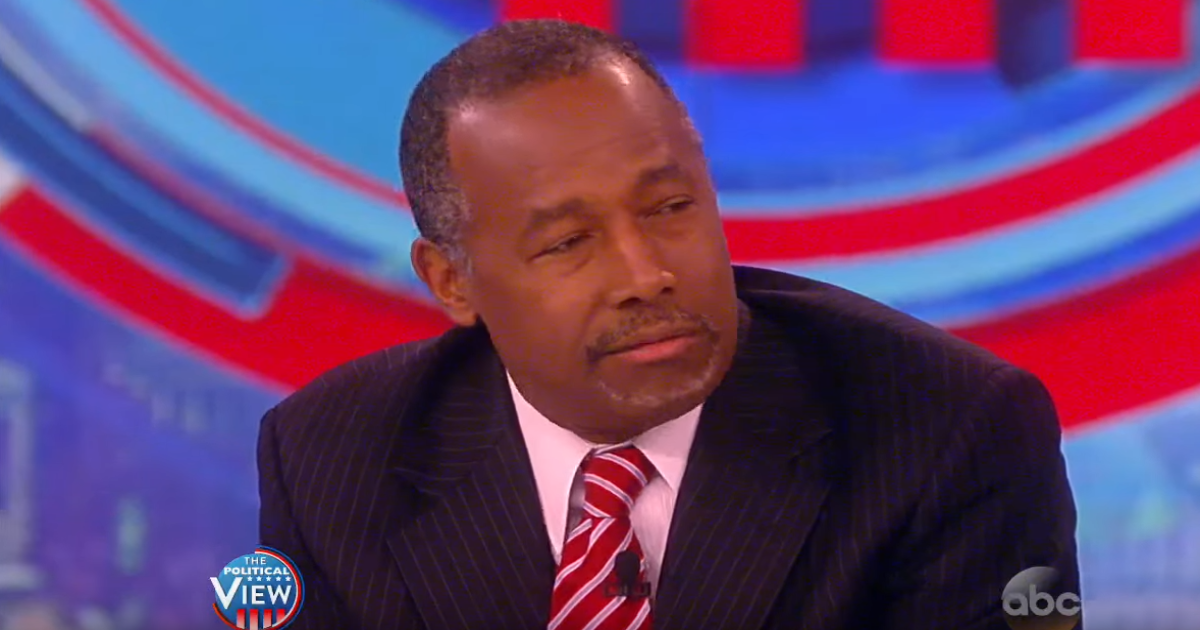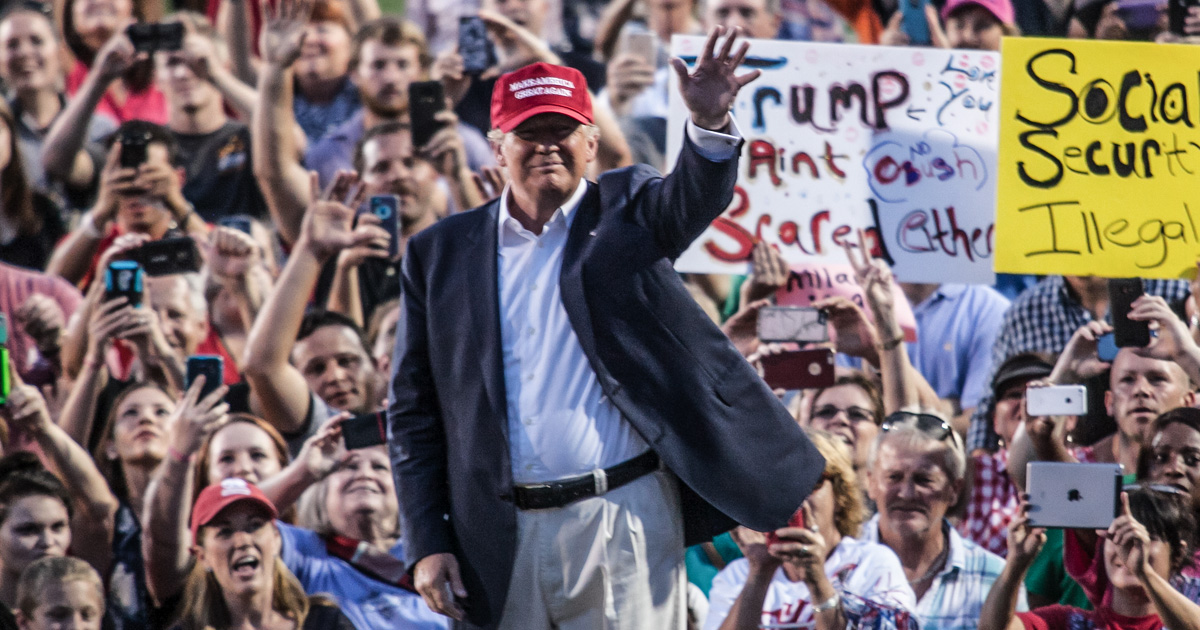About a month ago, The Ring of Fire brought you a story on Presidential candidate Bernie Sanders’ plans to address students at Liberty University, the institution founded by the late Reverend Jerry Falwell. Sanders will be at Liberty to speak at a convocation this Sunday, which happens to coincide with Rosh Hashanah, the Jewish New Year.
Falwell and the university he founded as Lynchburg Baptist College in 1971 has a reputation for following very narrow doctrines and lending support to conservative Christian politicians. Nonetheless, Sanders’ visit is not the first time that Liberty has invited a candidate whose positions are left-of-center. In 1983, liberal champion Senator Ted Kennedy was invited to address the student body. That fall, he spoke to an audience of 4,000 students, who listened with courtesy and respect. Later that evening, Edward Kennedy, along with his sister, Jean (Kennedy) Smith and niece Kara, were invited to the Falwell home. In the biography written by his widow, Jerry Falwell: His Life and Legacy, Macel Falwell reports:
We spent a delightful evening together, even discussing our opposing beliefs, and each family listened to the other with interest and courtesy. Differences aside, we all loved our country and wanted to do our best to help find solutions to the problems we faced as a nation.
It is in this same spirit that Bernie Sanders hopes to reach students at Liberty University this Sunday. Sanders has no illusions about their respective positions on social issues such as gay rights, women’s roles in society, and education. However, Sanders believes that he can find common ground with his audience on bread-and-butter issues such as income inequality, growing poverty, social injustice, and environmental threats.
It is possible. While the Liberty University Student Honor Code prohibits controversial forms of entertainment and forbids all sexual activity outside of “biblically-ordained” heterosexual marriage, it does exhort students and faculty to “love others as Christ loves them.”
That definition of “love” – better represented by the Greek word agapé and illustrated by the Buddhist concept of mettā, or “universal loving kindness” – is the common ground that the Kennedys and the Falwells discovered during their evening together, 32 years ago. Today, despite the growing visibility of hate groups, with all the news about racism, violence and the thousand-and-one issues that set people at each other’s throats (driven by the corporate media and the 1%), there is an increasing groundswell of compassion and tolerance as well. Unfortunately, this doesn’t get as much press.
Nonetheless, when the debate is kept civil and there is mutual respect, two sides often agree on the problems – even when they may not agree on the solutions.
Although Bernie Sanders is not a devout Jew, there is something symbolic about the date of his address at Liberty University. Rosh Hashanah (literally, “Head of the Year”) is a time for reflection, considering past mistakes and looking ahead to make changes for the better. Like the late Ted Kennedy, Bernie Sanders is a courageous statesman (among the last of his breed, and certainly the only one running for the White House). He is not afraid to speak with those who disagree with him. And, by appealing to his audience’s universal sense of compassion, he may even wind up building a bridge or two.
To paraphrase a pair of lines from the musical Fiddler on the Roof, “If they will not listen, at least they will hear.”


